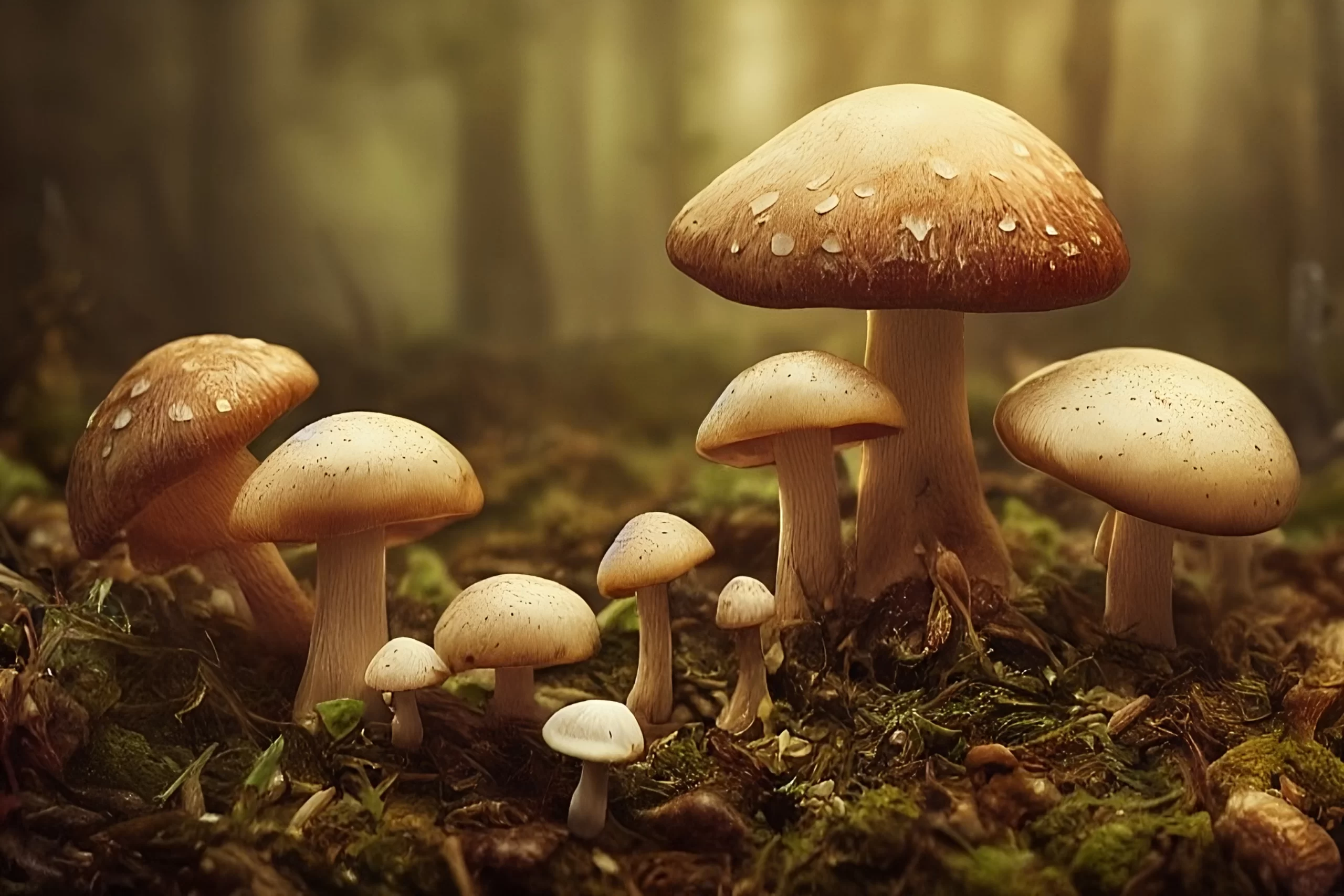Depression is the most common mental health ailment globally. Though there are many drugs to treat the condition, medications fail to help in many instances. Moreover, medical therapy requires prolonged treatment. Psilocybin is one of the emerging effective treatments for depression. Psilocybin acts quickly and has a long-lasting effect. Studies suggest its long-lasting effect is due to its ability to increase neuronal connectivity. Psilocybin is a naturally occurring psychedelic compound found in certain species of mushrooms. It alters states of consciousness, causing hallucinations, changes in perception, and profound spiritual experiences. In recent years, psilocybin has gained attention for its potential therapeutic benefits in treating mental health issues, particularly depression.
Depression is a mental disorder that affects more than 280 million people worldwide. It is characterized by persistent sadness, hopelessness, and worthlessness, which can lead to impaired functioning and reduced quality of life. Not only that, but depression can also cause death. It is among the most common causes of suicides globally. People living with severe depression or major depressive disorder (MDD) often have suicidal thoughts, and they also need urgent medical care. While there are several treatment options available for depression, including medication and therapy, these treatments do not always work for everyone. Medical drugs often fail to provide relief. Moreover, they must be taken regularly for weeks before they start acting. Another downside of medical drugs is that they cannot cure depression but only reduce its severity. Hence, those living with MDD may need to take medications daily.
Research on the therapeutic potential of psilocybin for depression has shown promising results. Studies have found that a single dose of psilocybin, administered in a controlled setting with trained professionals, can result in rapid and sustained improvements in depressive symptoms. In one study, a single dose of psilocybin led to a significant reduction in depression symptoms that persisted for up to five weeks after the treatment session. One of the unique aspects of psilocybin therapy is that it often involves only one or a few doses, as opposed to traditional antidepressants that require daily use. This is because psilocybin appears to have a lasting impact on the brain that can persist even after a single dose. Additionally, psilocybin therapy often involves a combination of the drug and psychotherapy, which helps patients process their experiences and integrate them into their daily lives.
The underlying mechanisms by which psilocybin improves depressive symptoms are not fully understood. However, recent research suggests that psilocybin may work by increasing neuroplasticity or the brain’s ability to adapt and form new connections. Psilocybin has been shown to increase the formation of new neural connections in the brain, particularly in mood regulation and emotion processing regions. Another proposed mechanism is that psilocybin therapy may work by inducing a state of heightened suggestibility, which can help patients break out of negative thought patterns and behaviors. This may be particularly helpful for patients with depression, as negative thought patterns are a common feature of the disorder.
Since psilocybin can provide prolonged relief from depression, researchers are especially interested in understanding its role in rewiring the brain. Now, a new study published in the journal Neuron confirms that it promotes brain rewiring and even increases the number of connections between the neurons in specific brain areas.




